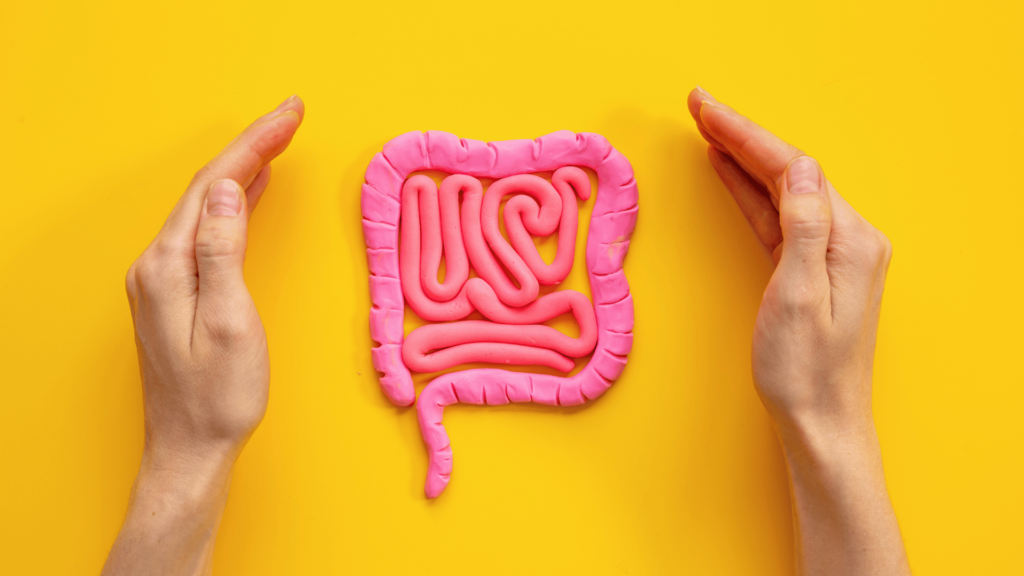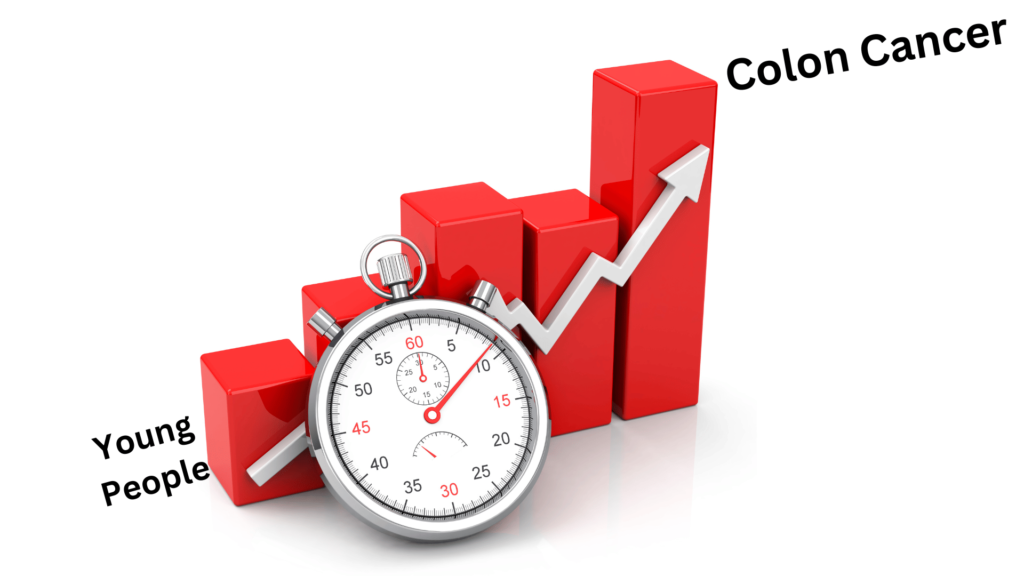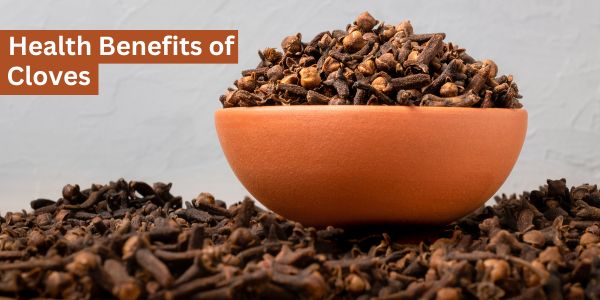The Rise of Colon Cancer in the Young
Let’s start with the elephant in the room: colon cancer rates among young people are skyrocketing, and it’s not a drill. Once thought of as an “old person’s disease,” recent data reveals a worrisome surge in cases for people under 50, particularly in teens and young adults. In fact, 27 countries have reported unprecedented increases in these diagnoses, making this a global health challenge that demands our attention.

So, what’s going on? Why are young people—who should be in the prime of their health—facing this issue, and what can we do to reverse the trend? Let’s dig in.
What Is Colon Cancer?
Colon cancer, also called colorectal cancer, starts in the large intestine (the colon) or the rectum. Over time, small growths called polyps can form, and some of these can turn cancerous if left unchecked.

Symptoms might include:
- Persistent stomach pain or cramping
- Unexplained weight loss
- Changes in bowel habits, like diarrhea or constipation
- Blood in the stool (yep, this one’s a red flag)
These symptoms can be subtle—especially in younger folks, where they often overlap with benign conditions like IBS or stress-related digestive issues. That makes early detection a real challenge.
Also Read: 9 Common Signs You Have Poor Blood Circulation Without Even Knowing It
The Alarming Statistics
According to reports, colon cancer cases among people under 50 have more than doubled in recent decades. The sharpest increase? It’s happening in people in their teens and early 20s.

Why this spike? Researchers point to a combination of factors, including:
- Dietary Changes: Ultra-processed foods, high sugar intake, and low fiber diets are prime suspects.
- Sedentary Lifestyles: With screens taking over our lives, physical inactivity is on the rise.
- Environmental Toxins: Pollution and exposure to harmful chemicals may play a role.
- Genetics: For some, it’s in their DNA. But that’s only part of the story.
Why Is This Happening in Young People?
It’s a perfect storm of modern lifestyle habits and environmental shifts. Let’s break it down:
1. What We Eat Matters

Gone are the days of home-cooked, nutrient-rich meals. Instead, we’re surrounded by fast food, snacks loaded with preservatives, and sugary drinks. These choices can lead to inflammation in the gut, a key player in cancer development.
2. Screen Time vs. Active Time

Be honest—how much time do you spend sitting? Whether it’s work, gaming, or binge-watching, our sedentary routines are wreaking havoc on our health. Regular movement helps regulate digestion and reduce inflammation.
3. Healthcare Gaps for the Young
Doctors often don’t suspect colon cancer in younger patients. This delay in diagnosis can make all the difference between catching it early and finding it too late.
Prevention: What Can We Do?
Now for the good news: colon cancer is largely preventable with lifestyle changes and awareness.
Diet
- Load up on fiber: Fruits, veggies, whole grains—fiber keeps your gut happy.
- Cut down on red meat and processed foods: Think lean proteins like fish and legumes.
- Drink water like it’s your job: Hydration is key to keeping your digestive system running smoothly.
Move More

Even a 30-minute walk each day can lower your risk. It’s not about hitting the gym for hours—just keep moving.
Screening Saves Lives
The conversation about lowering the screening age is growing louder, and for good reason. Current guidelines recommend starting at 45, but if you have a family history or concerning symptoms, talk to your doctor sooner.
Also Read: 9 Superfoods for a Longer Life
Advances in Research and Treatment
The medical community is stepping up. From personalized medicine to non-invasive diagnostic tools, progress is being made. New therapies like immunotherapy are showing promise for advanced cases.

Still, there’s work to be done. Researchers are diving into the environmental and genetic triggers, hoping to crack the code on why colon cancer is hitting young people so hard.
Conclusion
The rising rates of colon cancer in young people are a wake-up call. We can’t ignore this trend or chalk it up to bad luck. Whether it’s through better awareness, improved screening, or lifestyle tweaks, there are steps we can take today to turn the tide.
So let’s talk about it. Share this information with friends and family, stay vigilant about symptoms, and don’t hesitate to advocate for your health. Remember: prevention is always better than cure.




